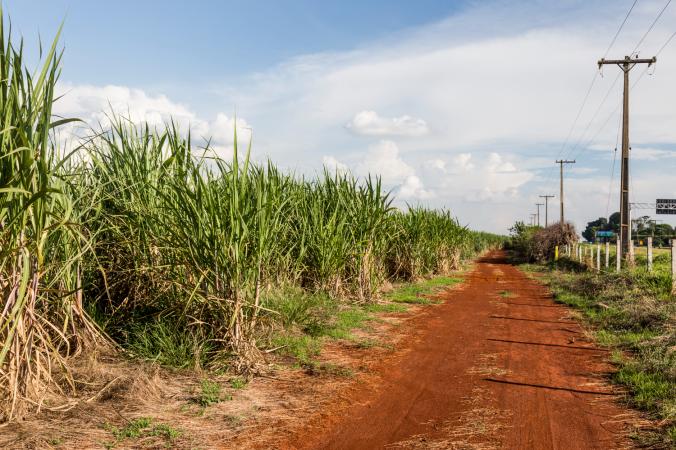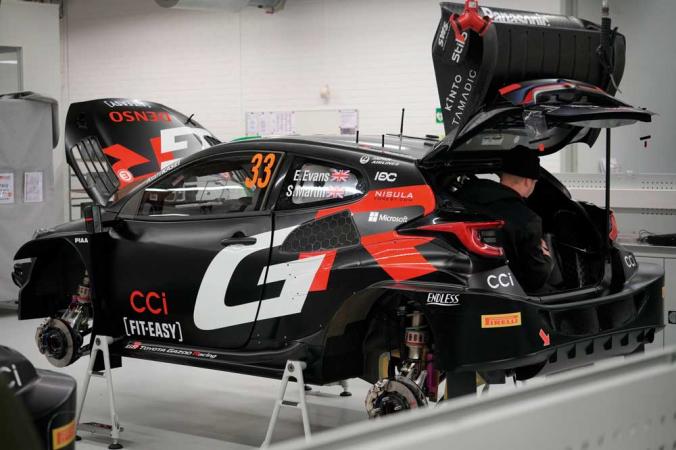Using Drones to Trace Biomass Emissions in Finland
Bioenergy – a renewable energy derived from biomass – is estimated to provide around 10 percent of the world’s primary energy supply. Finland is acknowledged for its long and successful history in bioenergy, especially in forest biomass-based solutions. Now Finnish researchers are exploring new ways to detect emissions generated by biomass storage by employing unmanned aerial vehicles (drones).
The global bioenergy market is undergoing constant evolution. One of the primary growth drivers of it is prevalent concern about energy shortage. Another factor adding to the changing perspective towards the bioenergy market is its potential to open up new opportunities for the traditional agriculture and forestry sectors.
While advancements made so-far in the industry are encouraging, there are obvious hurdles this market still needs to overcome. For instance, the business environment is changing faster than ever, and new competences, operating models and networks are necessary to succeed in an increasingly complex energy sector. An example of a particular practical challenge is the storage of biomass. While it is a necessary step within the bioenergy value chains, which increases the value of biomass, it may also have negative effects such as carbon dioxide and carbon monoxide emissions. Over time, innumerable methods, associated with varied degree of effort, have being suggested to manage this nuisance.
Addressing this matter, Spinverse-managed program BEST, together with 34 international partners from both industry and academia, has focused its mind on the exercise of employing unmanned aerial vehicles (drones) for efficient emission detection.
– Nowadays, a wide range of industries are exploring the use of drones for various tasks ranging from scientific research, cargo transport, geological surveying to customer service, maintenance and even filmmaking. However, the use of drones for biomass storage emission control is relatively new and shall become more common as the technology develops, says Spinverse ’s bioeconomy expert Kaisu Leppänen in an article published on the Spinverse.com website.
BEST (Sustainable Bioenergy Solutions for Tomorrow) is a Finnish research program managed by Spinverse and coordinated by the Continuous Lower Energy, Emissions and Noise (CLEEN) program and Finnish Bioeconomy Cluster (FIBIC). Running from 2013 to 2016, the program is working to solve critical challenges in the bioenergy sector, and to answer the critical research and development needs of tomorrow. Spinverse’s bioeconomy expert Kaisu Leppänen is acting as the program manager for the BEST program.









